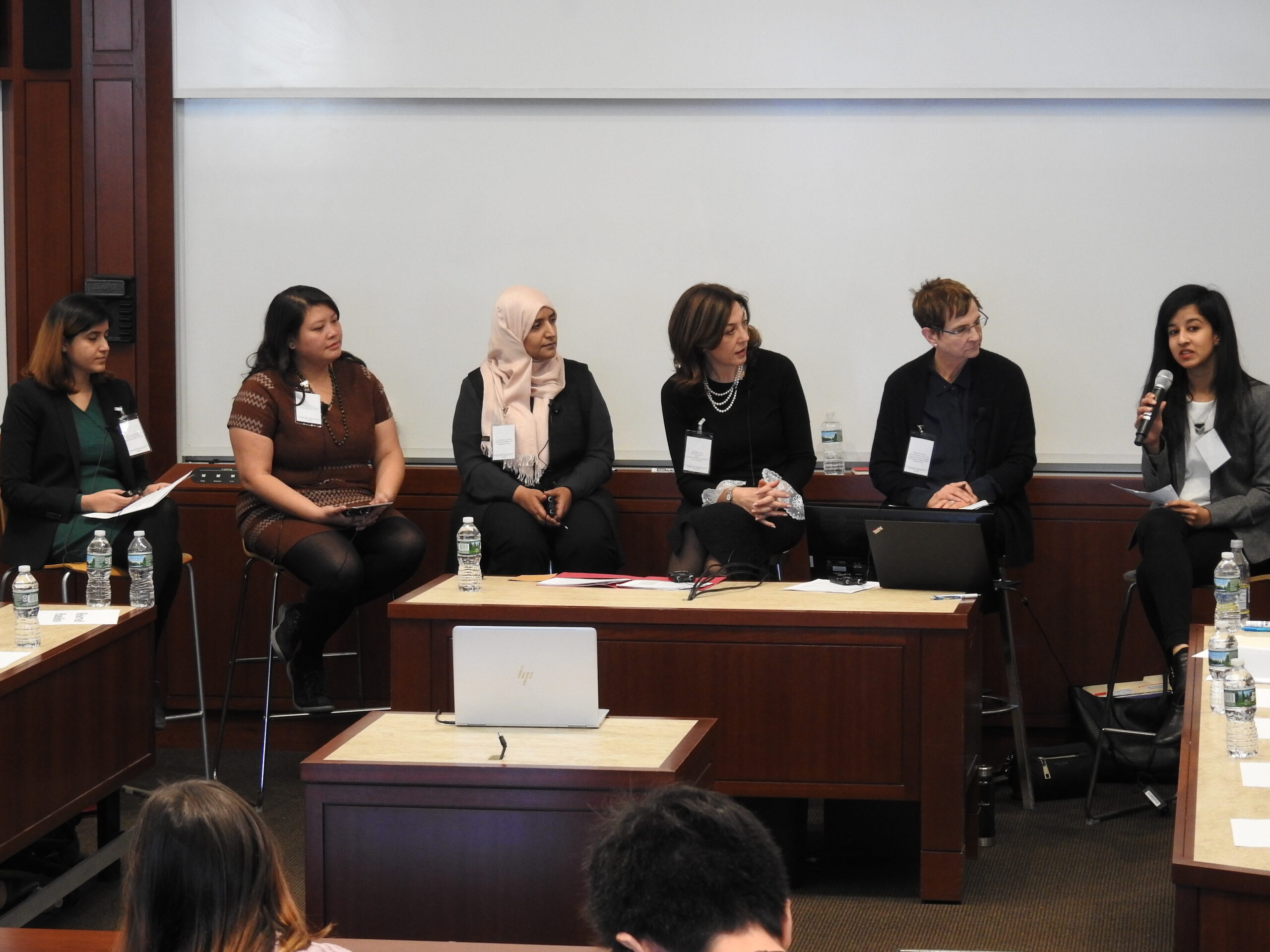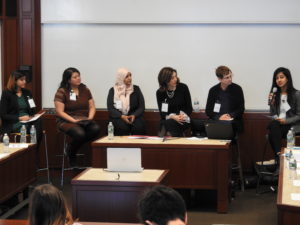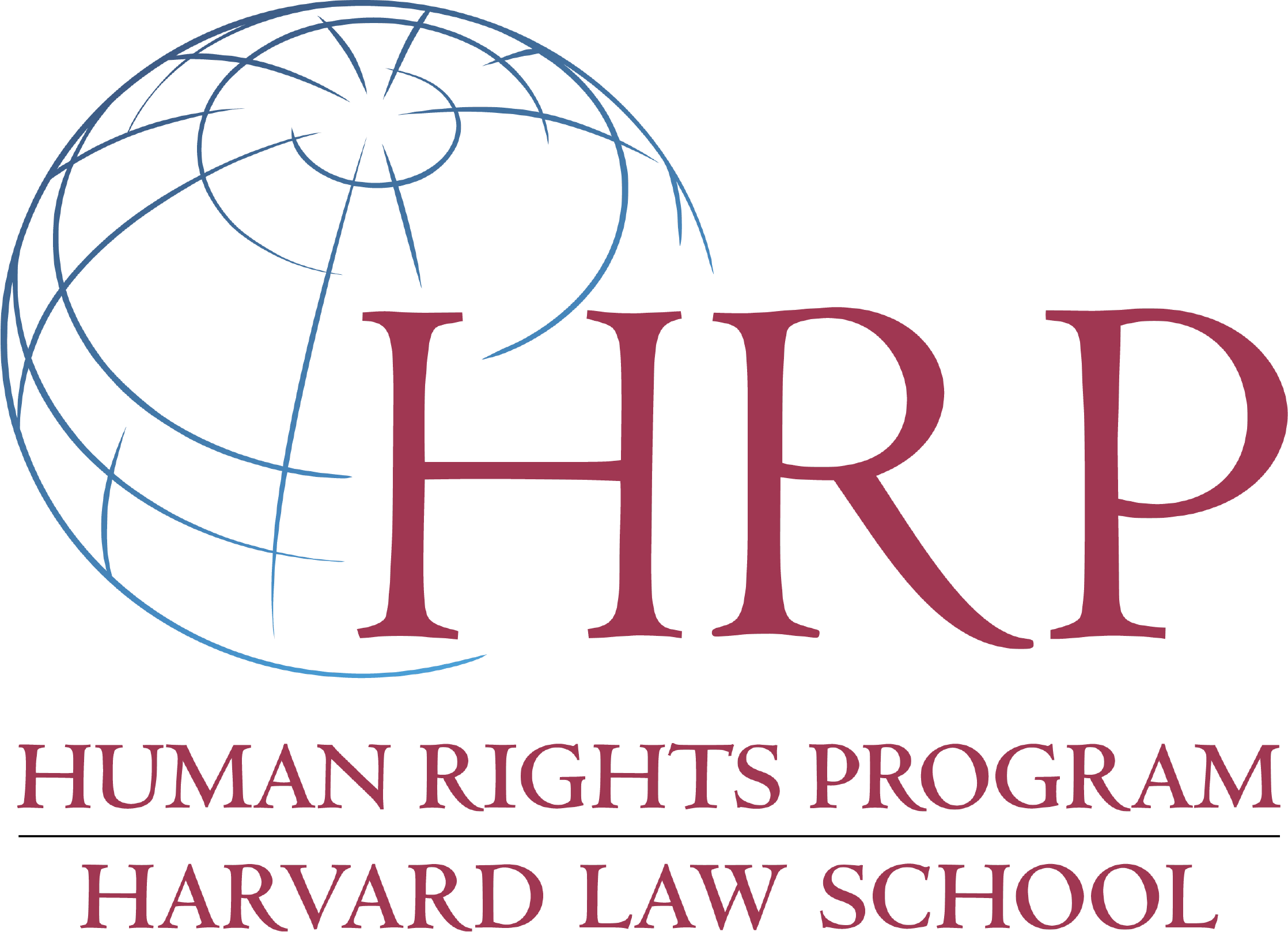
Human Rights: Adapting to the Challenges of Our Times
Despite almost 70 years since the proclamation of the Universal Declaration of Human Rights, the world is facing overwhelming challenges in upholding the rights that all humans deserve, especially for minority and marginalized communities. However, these challenges are not insurmountable.

On Saturday, January 27, a group of Harvard graduate students held the inaugural Human Rights Symposium, entitled Human Rights: Adapting to the Challenges of our Times. The Symposium set the stage for activists, scholars, and students to come together and discuss the common challenges facing human rights movements across the globe, while confirming the potential for new coalitions and reaffirming our commitment for shared action.
We were inspired by Douglas Johnson, former director of the Carr Center for Human Rights, who memorably reminded us through his welcome address that despite the adversities, the key role of an activist is to “breathe in hope, and exhale it to others.” Professor Rajesh Sampath of Brandeis University then gave a rich, wide-ranging keynote address delving into the philosophical premise of human rights and the notion of freedom, while stressing the value of life and harmonious balance.
Our subsequent panels shed light on the narratives and implementation of economic, social, and cultural rights; the rights and dignities of refugees and migrants in light of nationalist backlash; the shared struggles of minorities across the globe; and the potential for new coalitions and solidarities for shared action on human rights issues. Professor Gerald Neuman, director of the Human Rights Program, and Yee Mon Htun and Salma Waheedi, clinical instructors of the International Human Rights Clinic, were among the diverse group of speakers that shared their valuable insights and analyses on multiple spectrums.
Some of the most memorable moments were from those with personal stories, from a moving presentation on the suffering wrought by the war in Yemen, to the reflections of a writer on the impact of international economic policy on her own life in Kenya, to the historical strife of Native American peoples. Other speakers gave insight into tactical issues, such as the potential of local initiatives to counter trends of nationalist backlash, the ineffectiveness of law alone, and the neglect of policy and indicators.
It was a gift to see such dynamic and diverse activists share the same stage. But the discussions did not end at simply identifying the problems. In order to encourage individuals to take concerted action, our final panel consisted of a dialogue between activists working to address the Roma issues in Europe, Dalit rights in India, Black Lives Matter and LGBTQ rights in the US, and Indigenous rights in Australia. Karlene Griffiths Sekou of Black Lives Matter Boston reminded us that solidarity should not come from an impulse to help an “other”, but instead to reaffirm one’s own humanity.
Charles Prouse, an Indigenous Australian advocate, pointed out the complexity of human rights struggles that not only can encompass multiple issues, but can also recognize a victim and perpetrator simultaneously within the same person. In concluding the day, Dena Elkhatib, an Arab American Muslim lawyer, gave a powerful closing speech focusing on the plight of Syrian refugees.
The panelists noted that new tactics and coalitions can only be formulated if spaces are made for the exchange of knowledge. In this regard, we thank all speakers and attendees for making this open and welcoming space possible. The Symposium was well attended from start to finish by individuals from within our community and beyond. We hope you will join us in continuing this annual event and the important discussions next year.
The video recordings of the panels are available at: https://www.facebook.com/hrsymposium2018, and an e-booklet of the Symposium is available on our website: https://www.hrsymposium.info/.
